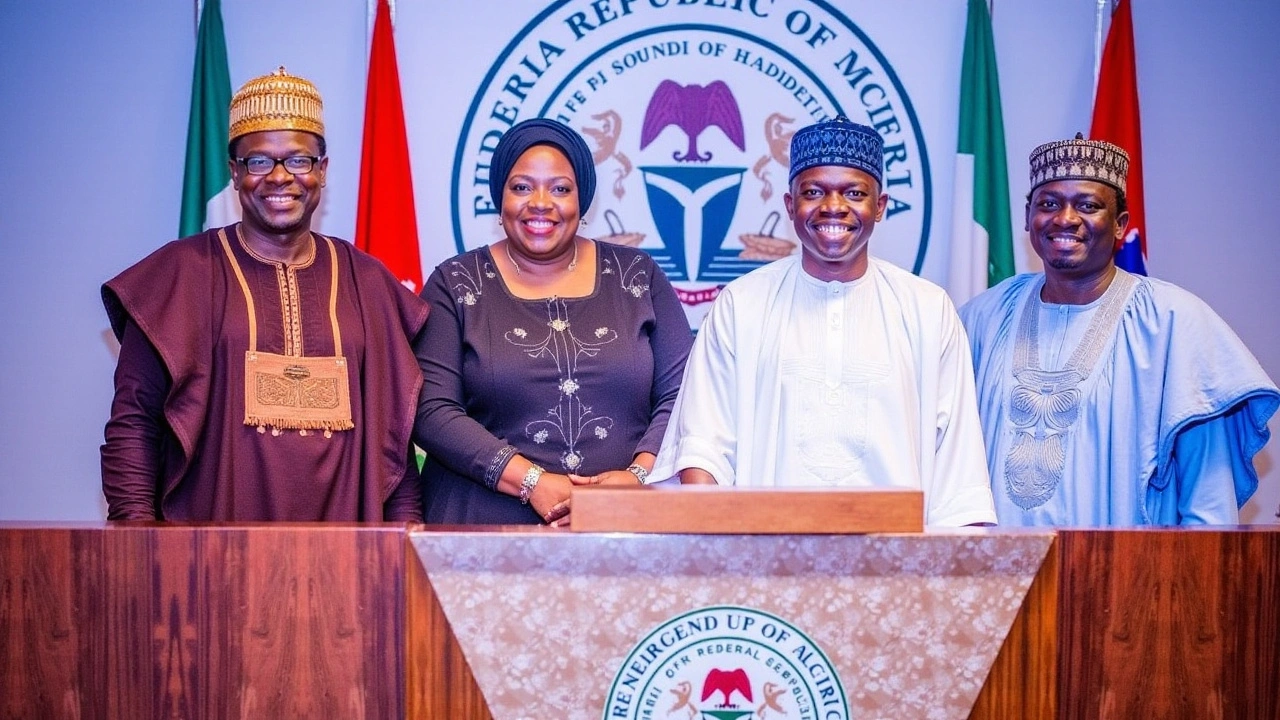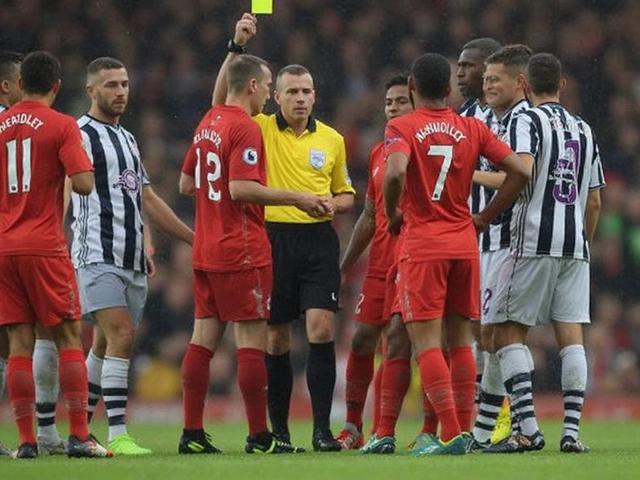Nigerian judiciary: how it works and what you can do
Nigerian courts handle civil, criminal and constitutional disputes. If you are a litigant or just following a high-profile case, knowing the basics helps you act fast and avoid mistakes. This guide explains the court structure, how to check case progress, common problems, and practical steps you can take right now.
The court hierarchy is simple in practice. At the top is the Supreme Court. Below it sits the Court of Appeal. Federal and State High Courts handle most serious trials. Specialized tribunals and customary courts deal with specific matters like labour, election disputes, tax and family issues. The National Judicial Council oversees judges and discipline, while the Chief Justice leads the judiciary.
How do you follow a case? First, get the case number from the claimant, lawyer or news reports. With that number you can contact the court registry by phone, email or in person. Many courts publish judgments online or share updates on official social channels. For major cases search the Supreme Court and Court of Appeal lists or use law-report services and legal blogs. If you need a certified copy of a judgment, request it from the registry promptly — copies are often required for appeals or enforcement.
Want to file a complaint about a judge or court staff? The National Judicial Council takes complaints on misconduct. Keep clear evidence: dates, documents, names and any recordings if legal. For service complaints about delays or lost files, start at the registry, then escalate to the judicial service commission in your state or the NJC.
Legal aid and finding a lawyer. If you cannot afford private counsel, contact the Legal Aid Council of Nigeria or local pro‑bono clinics at law firms and universities. When you hire a lawyer, ask about experience with the specific court and clear fee estimates. A written fee agreement saves misunderstandings.
Common hurdles and quick fixes. Delays are the most frequent problem. Ask the court for a hearing date in writing and follow up with the registry. Missing documents is another issue — keep certified copies and a simple checklist. For orders that are ignored, you can apply for enforcement (a writ of execution, garnishee or contempt proceedings) depending on the case.
High-profile cases often raise public questions about accountability and past decisions. Calls for review or apology, like those around historic election annulments, usually travel through appeals or fresh petitions. The judiciary also handles consumer and entertainment disputes — for example when prize winners claim they were denied awards — but these often need clear contracts and proof.
If you plan to act, gather documents, note deadlines, and use official channels first. Courts respond faster to clear, polite requests. And if you are following a story, check official court releases rather than social media alone.
Quick tips
Keep a timeline of events, back up records digitally, call the registry weekly, and ask your lawyer for short written updates after any court date or filing regularly.
Justice Kudirat Kekere-Ekun, the newly appointed acting Chief Justice of Nigeria, has promised to revitalize the nation's judiciary and restore citizens' trust. During her swearing-in ceremony, Kekere-Ekun emphasized the importance of collective effort in achieving this goal and highlighted her commitment to judicial reform. The event was attended by prominent figures including President Bola Tinubu and other key officials.
Recent-posts
Jun, 1 2024
Sep, 12 2024
Aug, 16 2024
May, 26 2025






